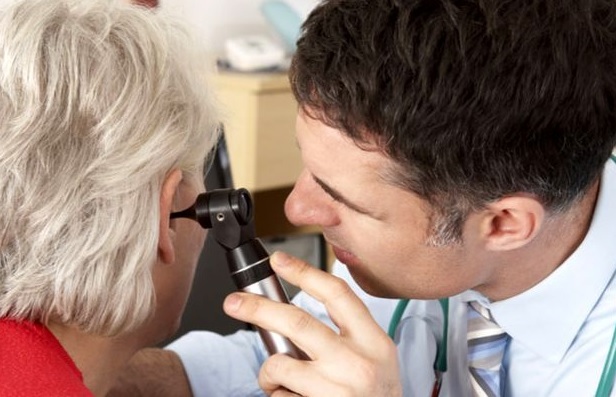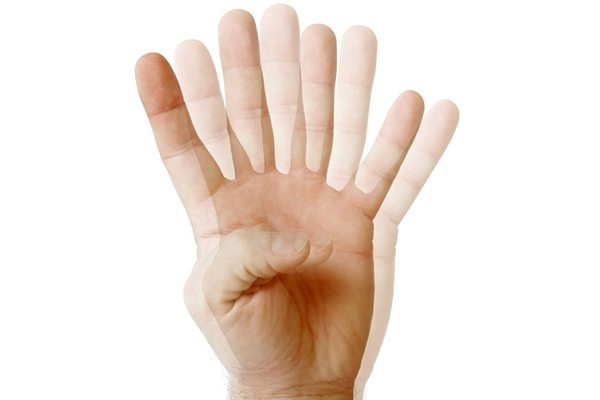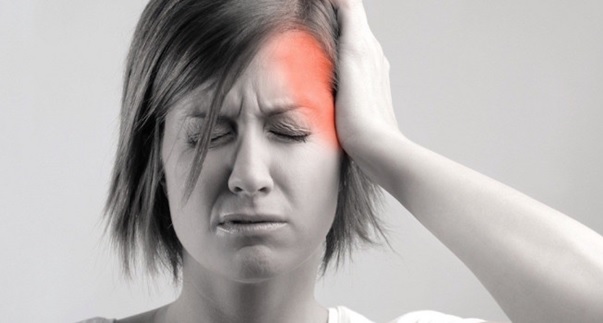Why presses on ears and pawns them: the main reasons
Contents:
- Main causes of pressure in the ears
- Main symptoms
- Diagnostic methods
- Treatment of the disease
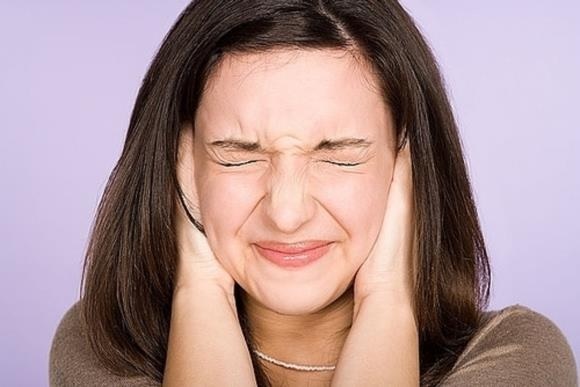 Pressing pain in the ear or just a feeling of pressure behind the ears - common symptoms that indicate a loss of the auditory analyzer or brain damage. Establishing an accurate diagnosis, identifying the cause of what is pressing on the ears, requires a medical examination in a medical institution. Conducting rational treatment with the elimination of the original disease allows you to quickly cope with all the symptoms and prevent the development of complications.
Pressing pain in the ear or just a feeling of pressure behind the ears - common symptoms that indicate a loss of the auditory analyzer or brain damage. Establishing an accurate diagnosis, identifying the cause of what is pressing on the ears, requires a medical examination in a medical institution. Conducting rational treatment with the elimination of the original disease allows you to quickly cope with all the symptoms and prevent the development of complications.
The main causes of pressure in the ears
The reasons for what causes the pressure in the ears are different, but it is possible to identify the most common diseases that lead to the appearance of a symptom:
- Disturbance of cerebral blood supply as a result of atherosclerotic plaques( see Atherosclerosis of the brain vessels), osteochondrosisCervical spine leads to a decrease in the supply of tissues of the central nervous system, including the auditory analyzer. This situation provokes pressure in the ears and head.
- Migraine attacks, auras before the attacks are accompanied by a feeling of internal pressure on the ears.
- Vegeto-vascular dystonia, which manifests itself in a disturbance in the regulation of the autonomic nervous system, can be accompanied by the appearance of tinnitus or pressure on the ears.
- Increased intracranial pressure leads to the patient complaining about the pressure on the ears from the inside.
- Presses the head and lays the ears as a result of cancer, primarily tumors of the auditory nerve, such as neurinoma.
- Inflammatory diseases of the middle ear.
The most important reason for the appearance of pressure on the ears is vascular and vegetative diseases of the brain, accompanied by a violation of the blood supply of the central nervous system.
 Learn what the long noise in the ears and head says: causes, diagnosis.
Learn what the long noise in the ears and head says: causes, diagnosis.
Read which diseases with the first symptoms in the form of dizziness, noise or ringing in the ears diagnose in patients.
The main symptoms of
The appearance of a sensation of pressure on the ears and the head from the inside brings considerable discomfort to the patient and is often accompanied by clinical manifestations:
- Headaches of varying intensity: from almost imperceptible to strong spasms. At this precise localization, periodicity of headaches do not have, can appear at any time of day for no apparent reason.
- Vertigo, arising at rest or during physical exertion, associated with sharp turns of the head, trunk.
- Violated movements due to coordination problems.
- Nausea, arising attacks or having a permanent character. In rare cases, nausea becomes vomiting.
- Hearing impairment in one or both ears. Perhaps the appearance of distortion of perceived sounds, voices.
- Painful sensations in the neck, skin of the scalp( see Pain of the scalp).
Recommendation! In and of itself, the pressure in the ears is not a specific symptom and can indicate various diseases of the brain and the auditory analyzer. Therefore, to determine the correct treatment, it is necessary to contact the attending physician, who will conduct a medical examination and appoint additional examination methods.
Diagnostic methods
Thorough questioning of the patient about the symptoms, the nature of manifestations, the time of onset and disappearance, suggests a certain disease, to focus on his search.
Each patient is shown a clinical, biochemical blood test, allowing to assess the state of the patient's body, identify inflammatory changes, anemia, signs of viral infections, endocrine pathology. Patients are given a general urine test, used to assess the performance of the kidneys.
 Diagnosis of ischemic brain diseases resulting from atherosclerosis and other vascular lesions is based on three studies:
Diagnosis of ischemic brain diseases resulting from atherosclerosis and other vascular lesions is based on three studies:
- Biochemical blood test with determination of cholesterol level, low and high density lipoproteins. As a rule, with atherosclerosis, cholesterol, low density lipoproteins are increased, and the content of high-density lipoproteins is reduced.
- Ultrasonic examination of carotid arteries with measurement of blood flow allows us to identify stenosis, impaired blood flow to the brain.
- Computer tomography with a contrast agent is used to assess the state of the cerebral vessels, allows you to visualize their lumen, atherosclerotic plaques if they are present.
Detection of vegetative-vascular dystonia requires consultation of a neurologist, special vegetative sampling( orthostatic test, examination of skin dermographism).As a rule, vegetative-vascular dystonia manifests itself and a number of additional symptoms: sudden onset of weakness, tachycardia, changes in the level of blood pressure.
For diagnosed otitis antibacterial drugs are used in therapeutic doses, preferably after an assessment of the sensitivity of the pathogens to them.
Treatment of the disease
After the answer to the question "Why presses on the ears?" Was given, it is necessary to adhere to the recommendations of the treating doctor for treatment. In no case do not engage in independent treatment or selection of medications.
Adoption of antibacterial agents( Amoxicillin, Azithromycin) allows you to quickly cope with bacterial infection, cure otitis, which is a frequent cause of pressure on the ears.
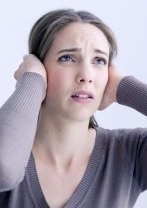 Do you know what the causeless and bothersome noise on the left side of the head says? All about the causes and treatment of pathology.
Do you know what the causeless and bothersome noise on the left side of the head says? All about the causes and treatment of pathology.
If you feel a strong ringing in your head, its causes can be covered in a violation of the blood circulation of the brain.
Find out why darkness in the eyes and dizzy. What factors provoke malaise.
Treatment of vascular pathology of the brain requires the appointment of neuroprotectors( Phenotropil, Piracetam, Glycine), as well as vascular drugs( Cerebrolysin, Vinpocetine), which have the ability to improve metabolism in nervous tissue, reduce the intensity of neurologic symptoms. As a rule, it is recommended to start treatment in a hospital setting with the subsequent transition to outpatient therapy while improving the condition.
What's behind the ears? A common question in many patients with cervical osteochondrosis, vegetative-vascular dystonia, vascular diseases of the brain. The answer to this question can be given only by the attending physician after a comprehensive medical examination, establishing the immediate cause of this symptom. In no case should you delay the treatment in a medical institution, since such complaints may indicate a serious illness of the central nervous system or be a sign of possible complications.
write the question in the form below:

